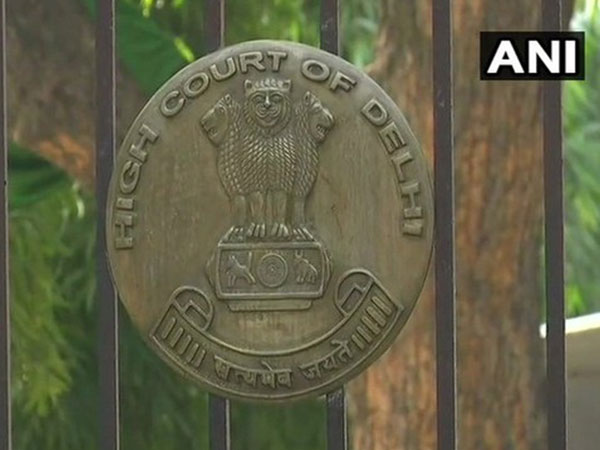Delhi High Court Calls for Immediate Action on Rising Student Suicides
The Delhi High Court expressed serious concerns over increasing student suicides, urging a stronger anti-ragging system. The court emphasized an urgent need for a functional helpline and noted Prof. Rajendra Kachroo's contributions. Although acknowledging UGC's current contract, it called for comprehensive evaluation by the National Task Force.

- Country:
- India
The Delhi High Court has sounded the alarm on the surge of student suicides in higher education institutions, stressing the critical necessity for a robust anti-ragging system. This concern emerged as the court resolved two petitions filed by the Aman Satya Kachroo Trust, questioning the University Grants Commission's (UGC) decision to allocate the National Ragging Prevention Programme contract to the Centre for Youth (C4Y) Society.
Chief Justice Devendra Kumar Upadhyaya and Justice Anish Dayal, presiding over the bench, noted the unsettling frequency of student suicides, calling for swift intervention. They emphasized that a well-functioning Anti-Ragging Helpline is an immediate essential to prevent further tragic losses. Recent tragic incidents highlighted in media outlets, including IIT Kharagpur cases, prompted the court to reference a Supreme Court ruling in Amit Kumar and Ors. v. Union of India (2025), leading to the establishment of a National Task Force on student mental health and suicides. Notably, Prof. Rajendra Kachroo, the founder of the Aman Satya Kachroo Trust, has been appointed as a member of this Task Force.
The court acknowledged Professor Kachroo's pivotal role in establishing and managing the anti-ragging programme since 2012 but opted not to interfere with the UGC's ongoing contract, which extends until December 31, 2025. It noted that broader issues raised by the Trust, such as tender process irregularities, lack of independent oversight, and rising ragging incidents, are being addressed by the Supreme Court through the Task Force. Furthermore, the court recorded the UGC's approval of a payment of Rs 12.73 lakh to the Trust for previous services, aligning with its earlier directive. In a notable gesture, Prof. Kachroo volunteered to continue overseeing the anti-ragging database without compensation.
The High Court has made it unequivocally clear that while it won't disrupt the existing contract, the concerns highlighted by the Trust must be thoroughly examined by the National Task Force to ensure the anti-ragging programme effectively safeguards student welfare nationwide.










